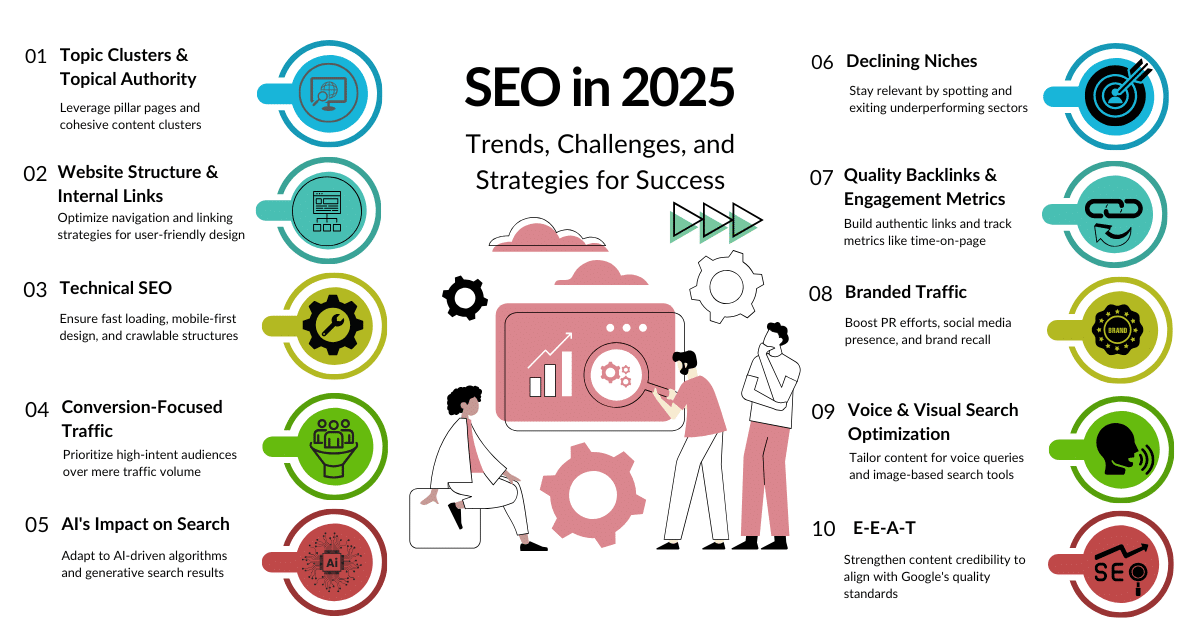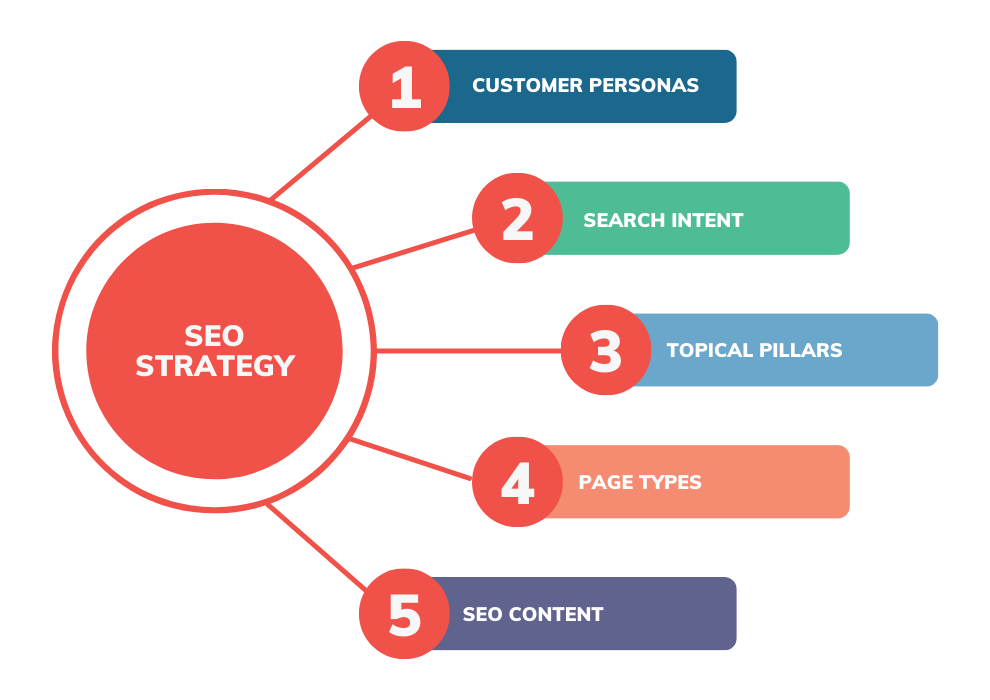In the digital-first era, businesses are quickly realizing that social media marketing (SMM) is not a luxury—it’s a necessity. From small local startups to multinational corporations, brands are leveraging platforms like Facebook, Instagram, LinkedIn, and X (formerly Twitter) to connect with customers, build trust, and drive measurable growth.
According to Statista, over 4.95 billion people now use social media globally, making it the most powerful channel to promote products, increase visibility, and build customer loyalty.
“If you’re not on social media, you’re invisible to today’s customer,” says Bulbul Ahmed, a seasoned digital strategist at bdsbulbulahmed.com.
What Makes Social Media Marketing So Powerful?
Unlike traditional marketing—which depends heavily on TV, radio, print, and billboard ads—social media offers two unmatched advantages: real-time engagement and targeted reach.
Instead of broadcasting to a general audience, social media allows brands to speak directly to their ideal customers—based on interests, demographics, behavior, and even purchase history.
Key Benefits of Social Media for Your Business:
- Unparalleled Brand Awareness
With billions of daily active users, social media gives your brand exposure at a scale unimaginable with traditional methods. Viral posts, reels, or well-timed trends can skyrocket visibility. - Traffic That Converts
Social media is a proven driver of website traffic—and when paired with compelling CTAs and retargeting, that traffic often converts into leads or sales. - Cost-Effective Advertising
Compared to print or broadcast media, social media ad campaigns are extremely affordable—and measurable. You pay only for results. - Stronger Customer Relationships
Social media enables brands to engage in real time, respond to queries, and build trust through consistent value-based content. - Custom Audience Building
Platforms like Meta (Facebook + Instagram) allow advertisers to create lookalike audiences, retarget past visitors, and even upload customer lists for personalized outreach. - Stay Ahead of Trends
Brands that engage actively on social media can pivot quickly with cultural shifts, viral memes, or seasonal content. - Real-Time Competitive Analysis
Want to see how your competitors are marketing? Social platforms offer public insights on what content is working for others in your industry.
Real-World Examples
In Bangladesh, brands like Daraz, Aarong, and Chaldal have built strong digital empires—driven largely by consistent, creative, and data-backed social campaigns. During the 2020 lockdown, many small food ventures in Dhaka and Chattogram went viral overnight through Facebook Lives, boosted posts, and Instagram reels.
Even government services and NGOs have turned to social media to reach youth demographics, raise awareness, and drive civic participation.
But here’s the caveat.
Social media marketing only works when it’s intentional and strategic.
Random posts or over-promotion can backfire. Success comes from a mix of storytelling, value delivery, community building, and analytics-driven decisions.
Businesses need:
- A defined content calendar
- Clear audience personas
- Brand-aligned visuals and tone
- Paid campaign strategies
- Performance tracking tools
That’s where platforms like bdsbulbulahmed.com come in—offering tailored guidance and marketing plans aligned with your business goals.
Final Thought
Social media isn’t just a place to “post.” It’s where conversations happen, decisions are made, and reputations are built.
If your business hasn’t yet integrated social media into its growth plan, you’re already a step behind.
But the good news? It’s never too late to start. The opportunities are wide open for those who are ready to play smart.




